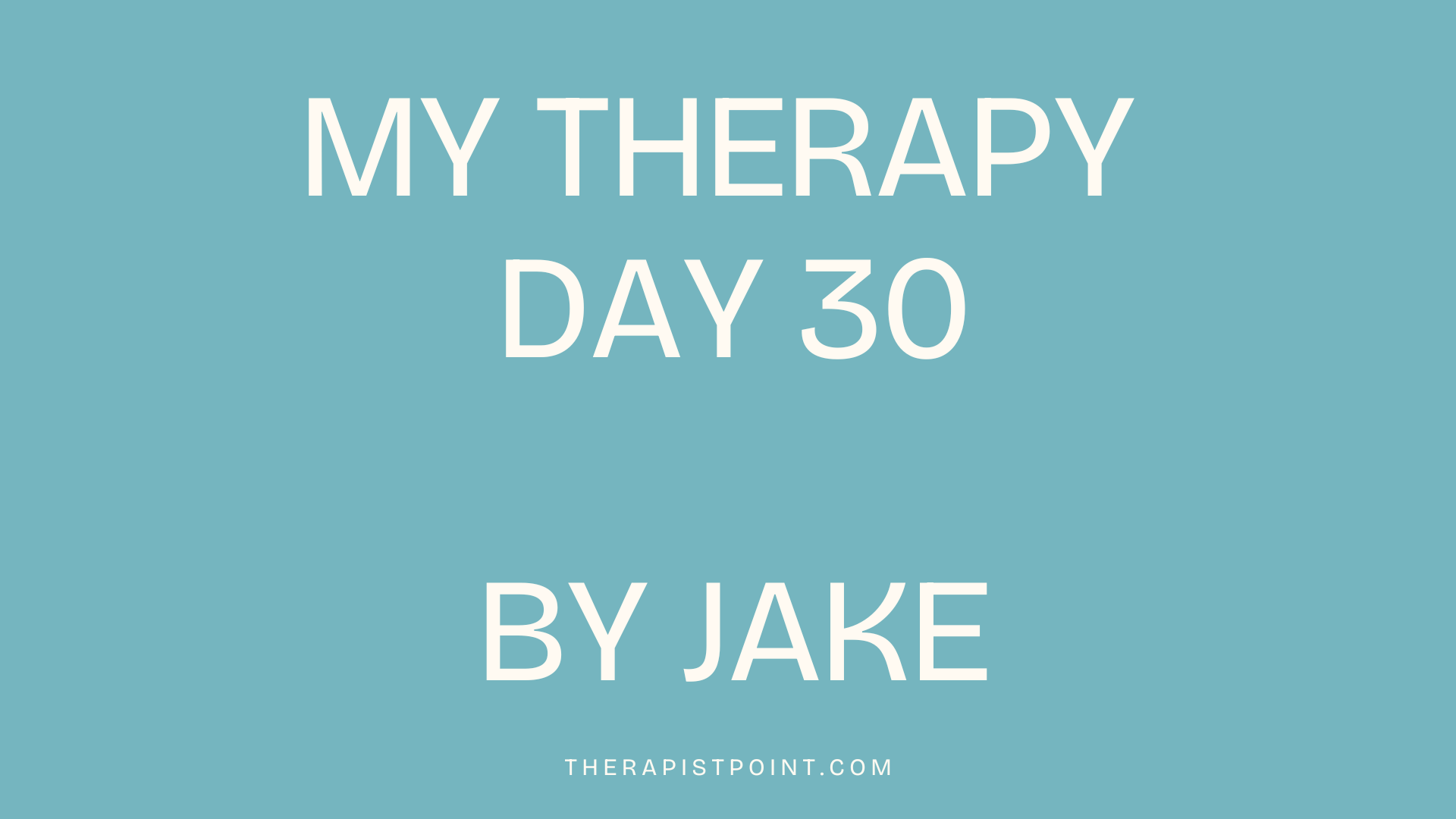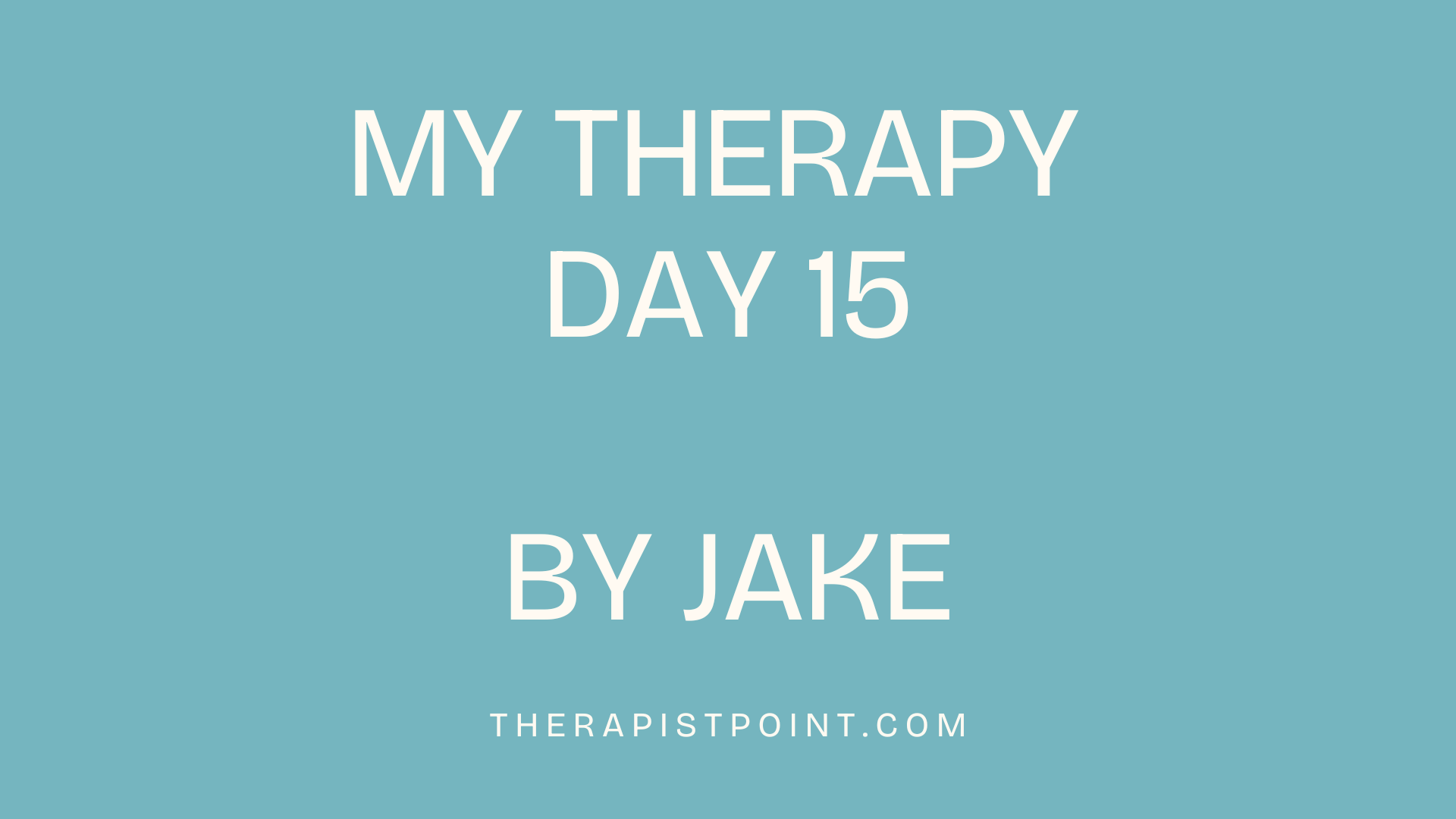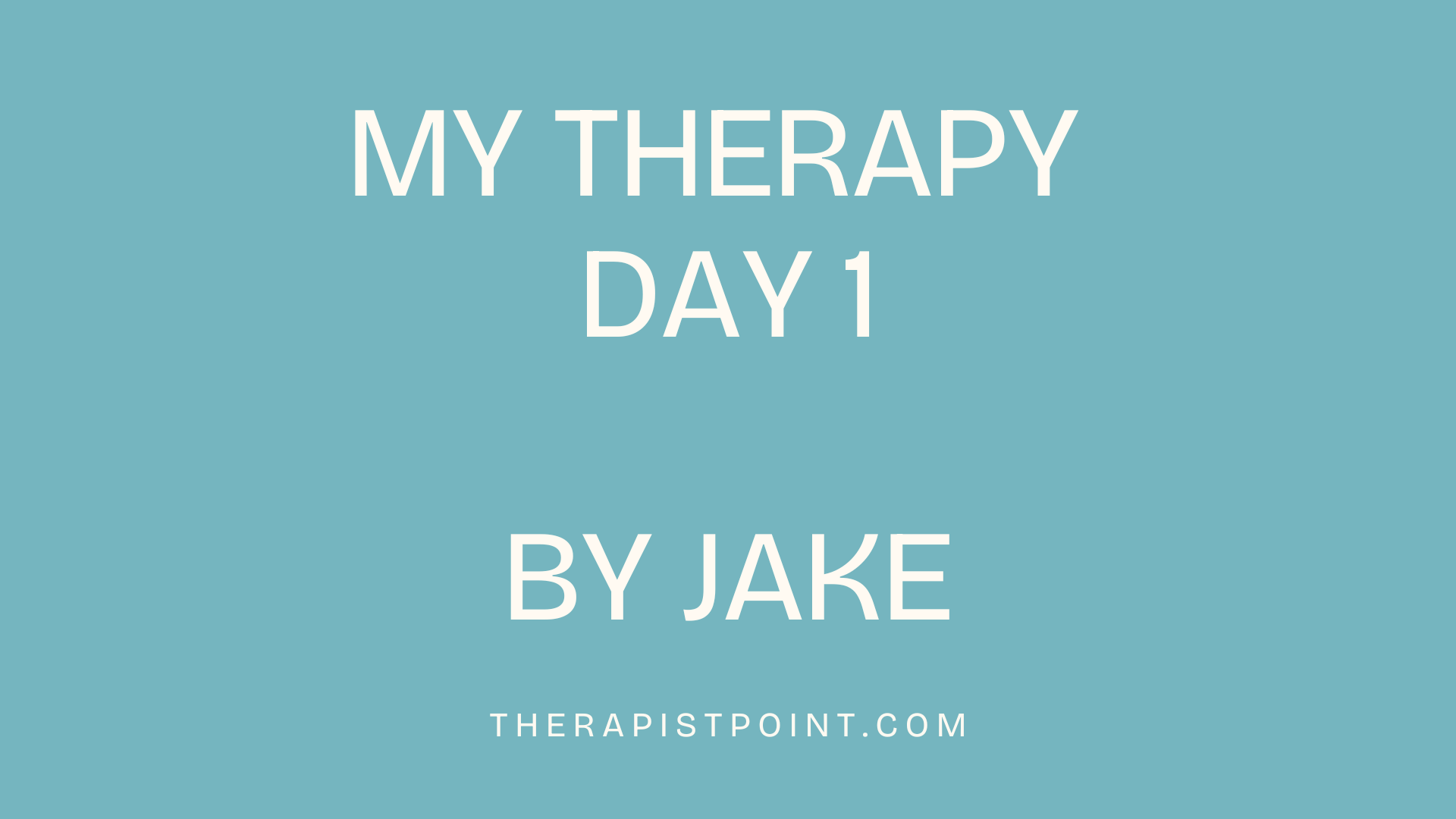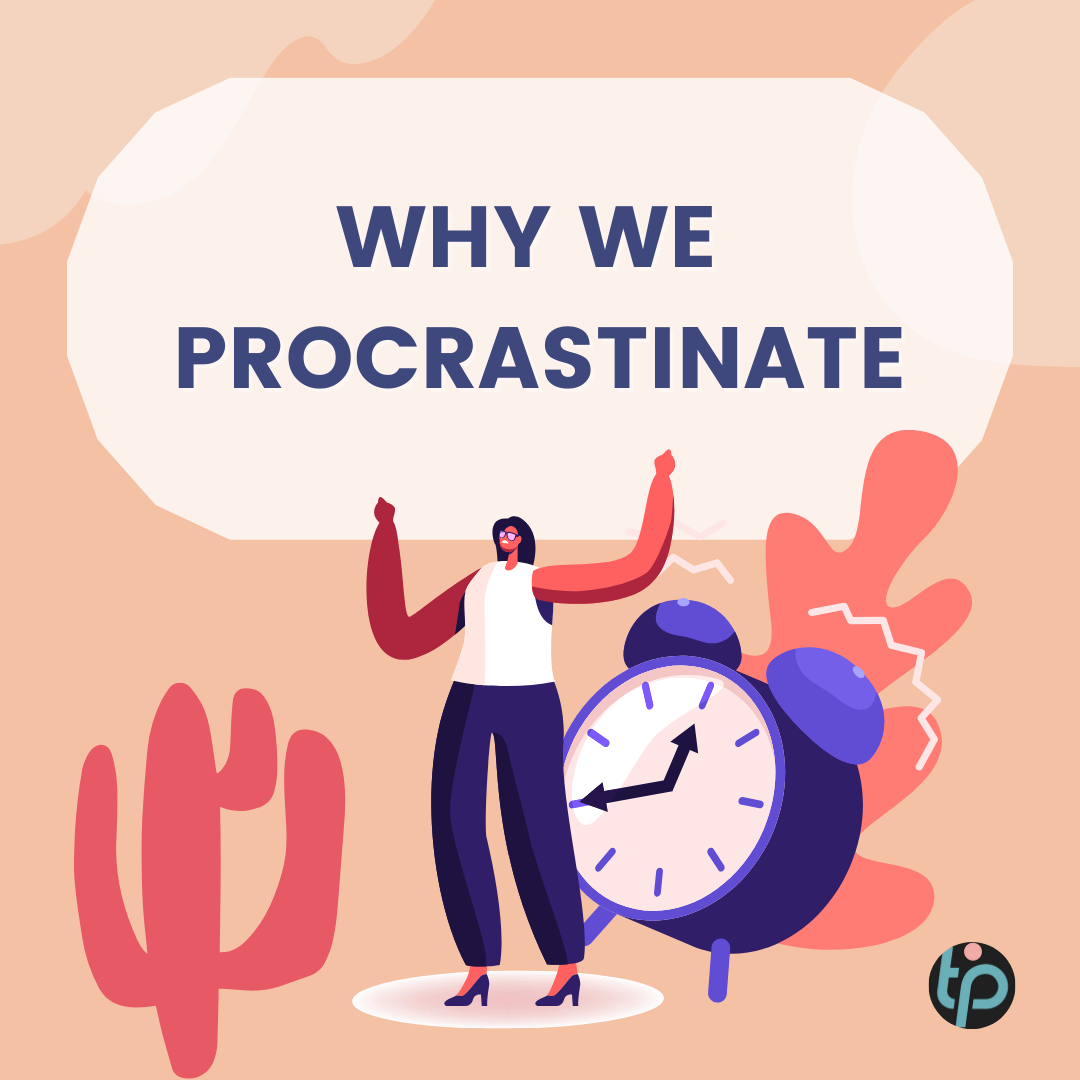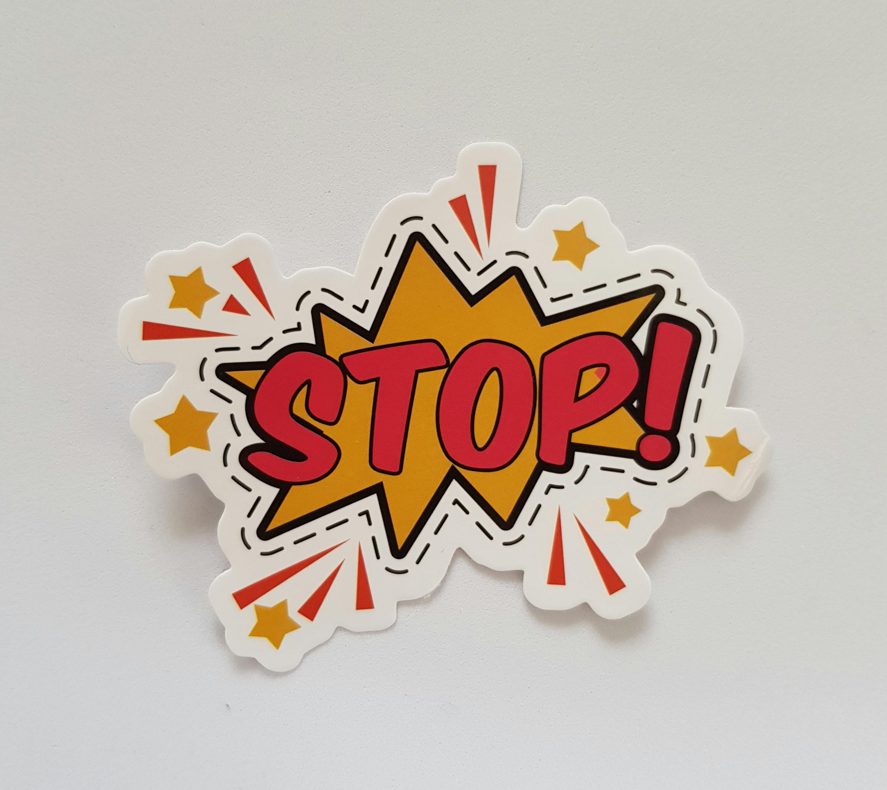
What Happens When You Ignore a Bipolar Person?
Bipolar Disorder and Relationships By the Numbers
- Studies show that up to 60% of people with bipolar disorder experience relationship conflicts during manic episodes.
- Research indicates that emotional withdrawal from a partner can trigger depressive spirals in bipolar individuals within 48-72 hours.
- Nearly 90% of people with untreated bipolar disorder report feeling abandoned when loved ones disengage during episodes.
- Couples where one partner has bipolar disorder face divorce rates nearly three times higher than the general population.
The Kitchen Floor Incident
I still remember the first session after Tom tried ignoring Sarah during one of her episodes. They'd been married for three years when they came to see me, and Tom thought he had developed a strategy for managing the chaos. He was about to learn otherwise.
He described how it started on a Tuesday morning—Sarah had been up since 3 AM reorganizing their entire kitchen, talking rapidly about starting five different business ventures, her eyes bright with that manic energy Tom had come to recognize. By noon, she was angry at him for not sharing her enthusiasm about converting their garage into a pottery studio, despite neither of them knowing anything about pottery.
"You never support me!" she'd shouted, and Tom felt that familiar exhaustion settle into his bones. He'd read online that you can't reason with mania, that sometimes the best thing is to not engage. So he didn't. He walked away, went to his office, closed the door, and put on his headphones.
That was his first mistake.
An hour later, he heard crashing sounds from the kitchen. Sarah had thrown every dish from the newly organized cabinets onto the floor. She was sitting in the middle of the broken ceramic, sobbing uncontrollably. The mania had flipped to despair in the span of sixty minutes, and Tom's silence had been gasoline on that fire.
"You don't care if I exist," she'd whispered when he rushed in. "You just walked away like I'm nothing."
As Tom recounted this to me, I could see the guilt written across his face. He'd realized that ignoring Sarah hadn't been the neutral act he thought it was. To Sarah, in that vulnerable, dysregulated state, his silence was abandonment. It was confirmation of every fear the bipolar disorder whispered to her during her darkest moments.

Learning the Difference Between Disengaging and Disappearing
Over the next several months of therapy, Tom and Sarah began to understand the complicated truth: sometimes a modified version of "ignoring" was exactly what Sarah needed, and sometimes it absolutely wasn't. The difference was in the details.
Tom described an incident about six months into our work together, during a hypomanic episode where Sarah decided at 10 PM that they needed to drive three hours to the beach immediately. When Tom said no, she became belligerent, accusing him of being controlling, boring, suffocating her spirit. This time, instead of walking away silently, Tom said, "I love you, but I'm not going to the beach tonight. I'm going to be in the living room if you need me." Then he left the room.
The key difference? He'd communicated clearly before disengaging. He'd set a boundary without disappearing.
Sarah raged for another twenty minutes. Tom could hear her on the phone trying to find friends to go with her, ranting about how terrible he was. Every instinct told him to march back in there and defend himself, but we'd been working on understanding that was futile. So he sat on the couch, fighting the urge to engage, and waited.
Eventually, Sarah came out, deflated, and curled up next to him. "I'm sorry," she mumbled. "I don't know why I get like this." In that moment, Tom's earlier "ignoring" had actually worked—but only because he'd first acknowledged her and set a clear boundary rather than simply vanishing.

The Crisis That Changed Everything
The worst experience with the silent treatment happened during a depressive episode, and it brought them both back to my office in crisis. Sarah had been in bed for four days, barely eating, not showering. Tom was frustrated and scared. He'd tried everything—gentle encouragement, offering to do things together, bringing her favorite foods. Nothing worked. So, in his exhaustion, he just stopped trying. He stopped checking on her every few hours. He stopped bringing meals. He thought maybe if he gave her space, she'd snap out of it.
Instead, Sarah attempted suicide.
Tom found her in time, thank God, but as we processed this trauma in our sessions, he understood with brutal clarity that ignoring someone in a depressive episode isn't giving them space—it's confirming their belief that they're a burden, that they're unlovable, that the world would be better off without them.
I shared with them both something I tell many of my clients: "Bipolar disorder is the brain lying to someone about reality. When you go silent, you're not disproving those lies—you're letting them become the only voice your partner hears."
This was our turning point in therapy.
Building Supportive Boundaries
After that crisis, Tom and Sarah learned the critical distinction between disengaging and abandoning. Disengaging from an unproductive argument or refusing to participate in manic schemes isn't the same as ignoring the person. It's about setting boundaries while maintaining connection.
During Sarah's next manic episode, when she wanted to drain their savings to invest in cryptocurrency at 2 AM, Tom didn't just walk away. He said, "I can see you're really excited about this, and we can talk about investment strategies when we're both rested, but I'm not making any financial decisions tonight. I'm here if you want to watch TV together, but I'm done discussing money for now." He stayed present but firm.
Sarah was angry, but she knew Tom hadn't left her. He'd just left the argument.
The approach that worked best evolved into what I call "supportive boundaries." During hypomanic episodes, Tom would acknowledge Sarah's feelings and ideas without agreeing to participate in harmful behaviors. "I hear that you want to start a business. Let's write down all your ideas, and we can review them with your doctor next week." This validated her without enabling the mania.
During depressive episodes, Tom learned never to go silent, but also not to push too hard. He'd stick his head in the bedroom every couple of hours. "I made soup. It's here if you want it." "I'm doing laundry. Want me to change your sheets?" Small touches that said, "I'm here, you matter, you're not alone," without demanding she perform happiness for him.
The Middle Path Forward
What Tom wishes he'd known from the beginning is that ignoring someone with bipolar disorder—truly going silent and withdrawing—almost never helps. But that doesn't mean you have to engage with every irrational thought or dangerous impulse. The middle path is acknowledging the person while declining to participate in the disorder's demands.
Tom also learned to ignore certain things strategically. When Sarah was stable and made a comment about something she'd done during an episode, he didn't relitigate it. When she was slightly irritable but functional, he didn't treat every mood fluctuation like an incoming episode. There's a difference between helpful vigilance and exhausting hypervigilance.
The other crucial element we worked on was ensuring Sarah never faced episodes alone, but also not making Tom her only support. We built a team: her psychiatrist, her individual therapist, a few trusted friends who understood her condition, a crisis hotline number, and eventually a support group for people with bipolar disorder. When Tom needed to disengage from a difficult moment, Sarah had other people to reach out to. His stepping back didn't mean she was abandoned.
Lessons from the Therapy Room

Looking back over three years of working with Tom and Sarah now, I can say that the sessions following times when Tom "ignored" Sarah in the traditional sense—went silent, withdrew emotionally, stopped engaging entirely—those were our most difficult. The sessions following times when he set boundaries while staying present, those were when we all saw the most growth.
If you're loving someone with bipolar disorder and wondering whether ignoring them will help, my professional answer is this: ignore the disorder's demands, but never ignore the person. Ignore the 3 AM business plans, but not the person who needs to know you're still there. Ignore the irrational accusations, but not the underlying fear of abandonment. Ignore the impulse to fight about delusions, but not the human being who needs your steady presence.
The paradox is that sometimes the most loving thing you can do is walk away from an argument, but you have to walk toward something else—your own self-care, a calm space to regroup—not away from the relationship itself. And you have to make that distinction crystal clear to your partner.
Sarah's bipolar disorder is part of their marriage, but it's not their whole marriage. Tom and Sarah have learned to dance around it together rather than let it choreograph everything. And the most important step in that dance isn't ignoring each other—it's staying in rhythm even when the music gets chaotic.
As their therapist, I've watched them transform from a couple on the brink of divorce to partners who understand that love doesn't mean fixing everything—it means showing up, setting healthy boundaries, and never confusing silence with space. That's the lesson I hope every couple dealing with bipolar disorder can learn before the crisis hits.











